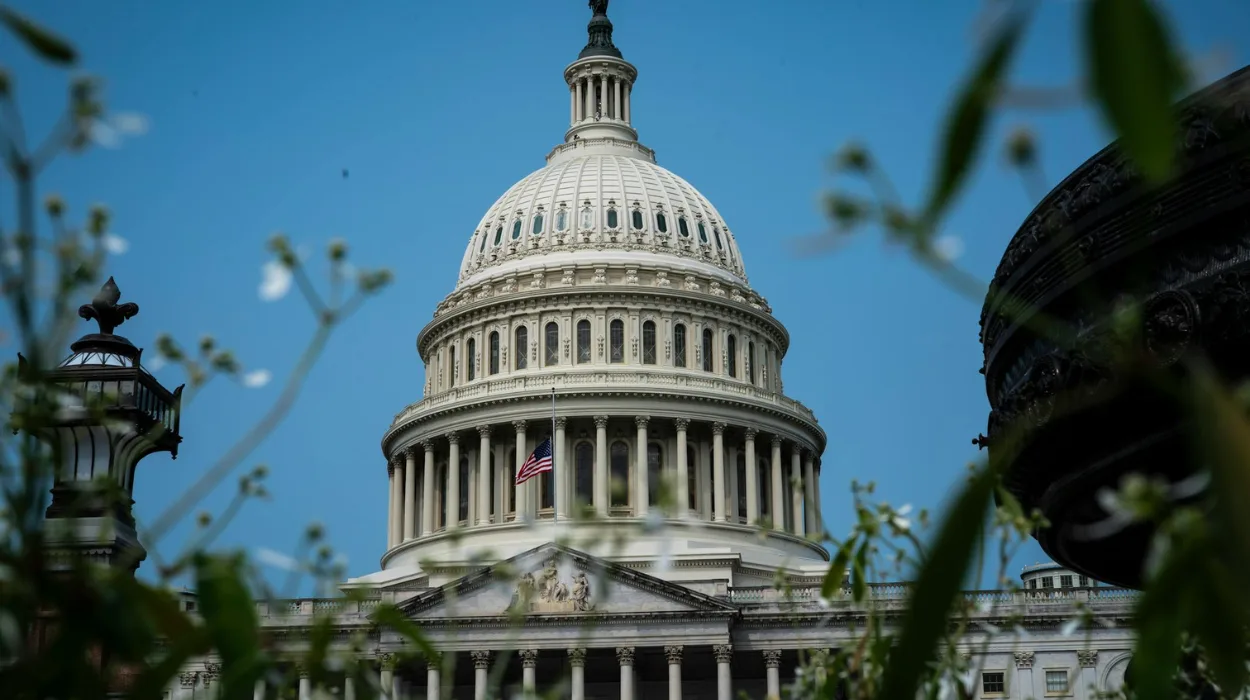Nonprofit OpenSecrets has reported that medtech companies, which employ tens of thousands of Minnesotans, have boosted their financial contributions to lobbying efforts in Washington, D.C. by over $600,000 in the first quarter of this year, as uncertainty in the city’s business landscape grows.
Boston Scientific, Abbott Laboratories, and Medtronic all acknowledged pushing for long-supported causes, including taxes and Medicare eligibility. However, documents also show that the Trump administration’s goals have changed, moving from increasing tariffs with foreign nations to reducing the size of the federal workforce.
Boston Scientific, which has a sizable cardiology subsidiary located in Minnesota, increased its spending by around 20% during the first three months of 2025, reporting $572,000 in federal lobbying.
Files show that company representatives lobbied Congress on supply chain issues, promoting issues like the House Select Committee’s decisions on strategic competition between the United States and the Chinese Communist Party that could impact the medical device supply chain.
In the first quarter of 2024, Medtronic, a Fridley-based company, boosted its federal lobbying spending by 10% to $1.07 million. They discussed topics including artificial intelligence, supply chains, tariffs, and the “FDA workforce.”
How are lobbying firms like TDY influencing medtech policy?
Some businesses in D.C. have begun collaborating with MedTech and AdvaMed enterprises. Disclosures show that AdvaMed and Boston Scientific paid the law firm Alston & Bird $30,000 and $80,000, respectively, for services spanning from commerce to artificial intelligence.
A consultant from Tarplin, Downs & Young in Washington, D.C., was hired by Abbott and AdvaMed. The topics of national trade and Medicare reimbursement kept coming up in TDY’s advocacy for Abbott.
Mehlman Consulting, a Washington, D.C.-based firm that is only a few blocks from the White House, states in a first-quarter filing that it has done around $60,000 for Medtronic and has spoke out on issues concerning the taxation of multinational corporations and U.S. trade policy. Figures are rounded to the nearest $10,000 for disclosure purposes forms.





